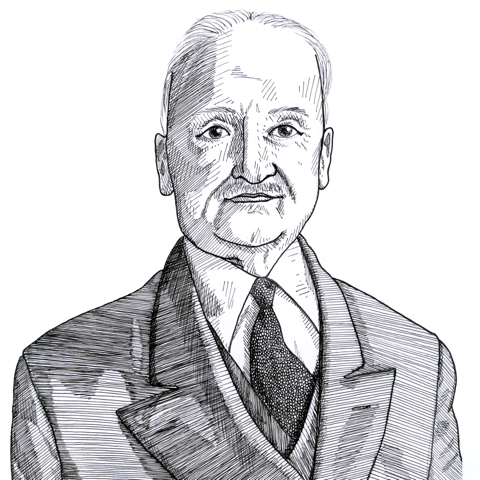
Mises on classical liberalism and the gold standard (1928)
Found in: On the Manipulation of Money and Credit: Three Treatises on Trade-Cycle Theory
In an essay written in 1928 the Austrian economist Ludwig von Mises (1881-1973) argued that the major reason why classical liberals in the 19th century favored money based on a gold standard was because it meant that the value of money/gold was “independent of any direct manipulation by governments, political policies, public opinion or parliaments”:
Money & Banking
Monetary policy of the preliberal era was either crude coin debasement, for the benefit of financial administration (only rarely intended as Seisachtheia, i.e., to nullify outstanding debts), or still more crude paper money inflation. However, in addition to, sometimes even instead of, its fiscal goal, the driving motive behind paper money inflation very soon became the desire to favor the debtor at the expense of the creditor…
With the attainment of gold monometallism, liberals believed the goal of monetary policy had been reached…. The value of gold was then independent of any direct manipulation by governments, political policies, public opinion or parliaments. So long as the gold standard was maintained, there was no need to fear severe price disturbances from the side of money. The adherents of the gold standard wanted no more than this, even though it was not clear to them at first that this was all that could be attained.